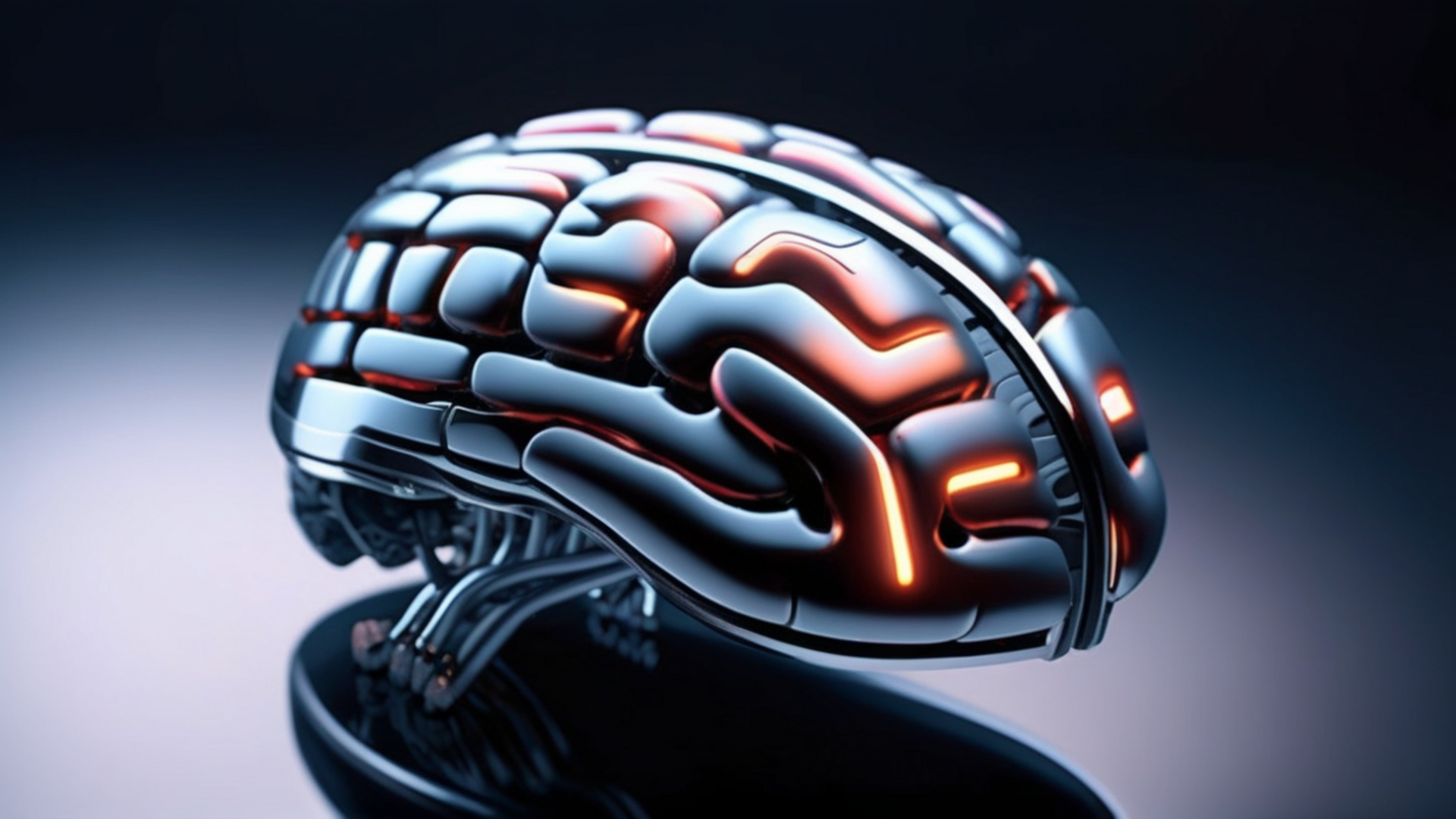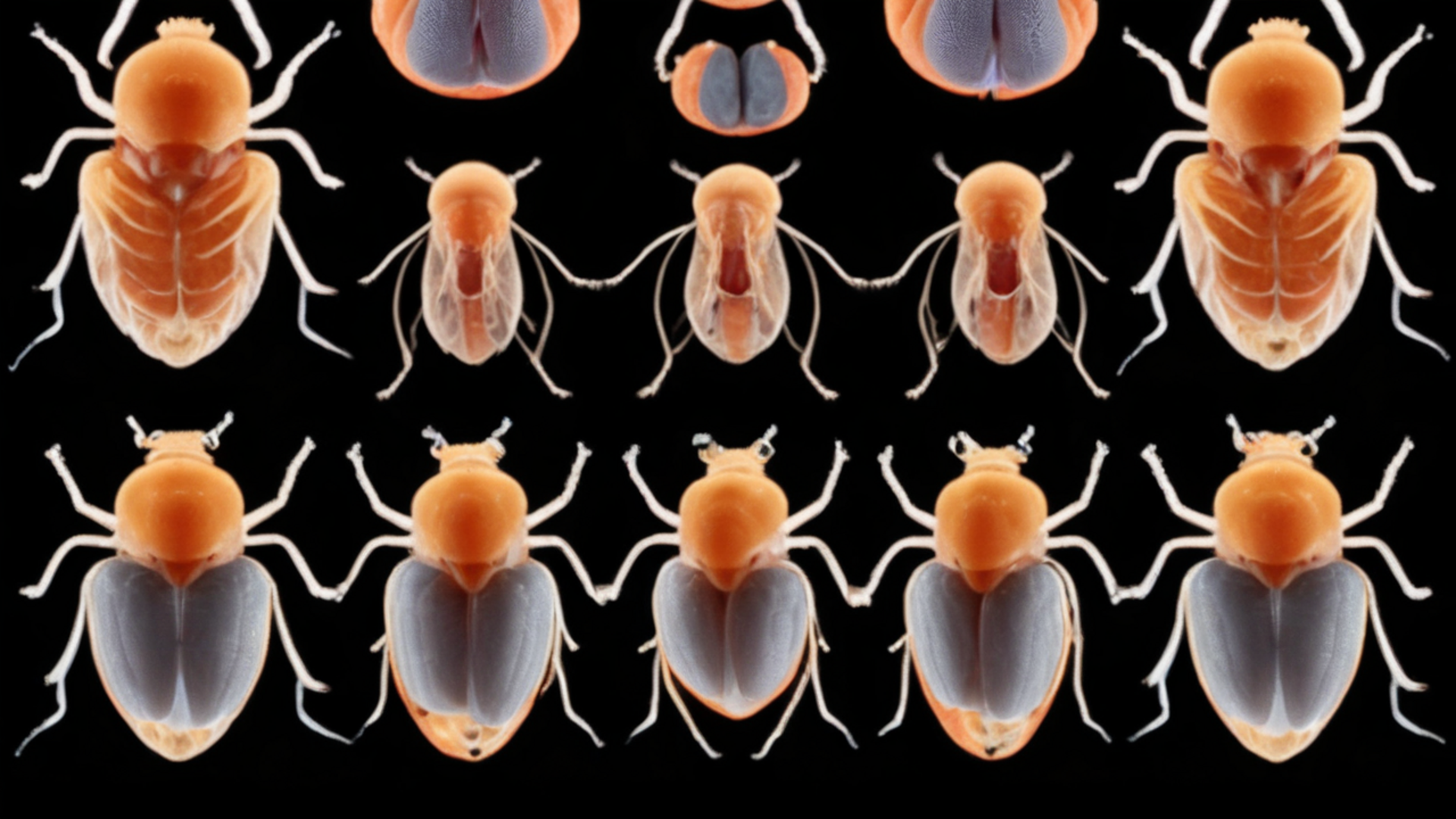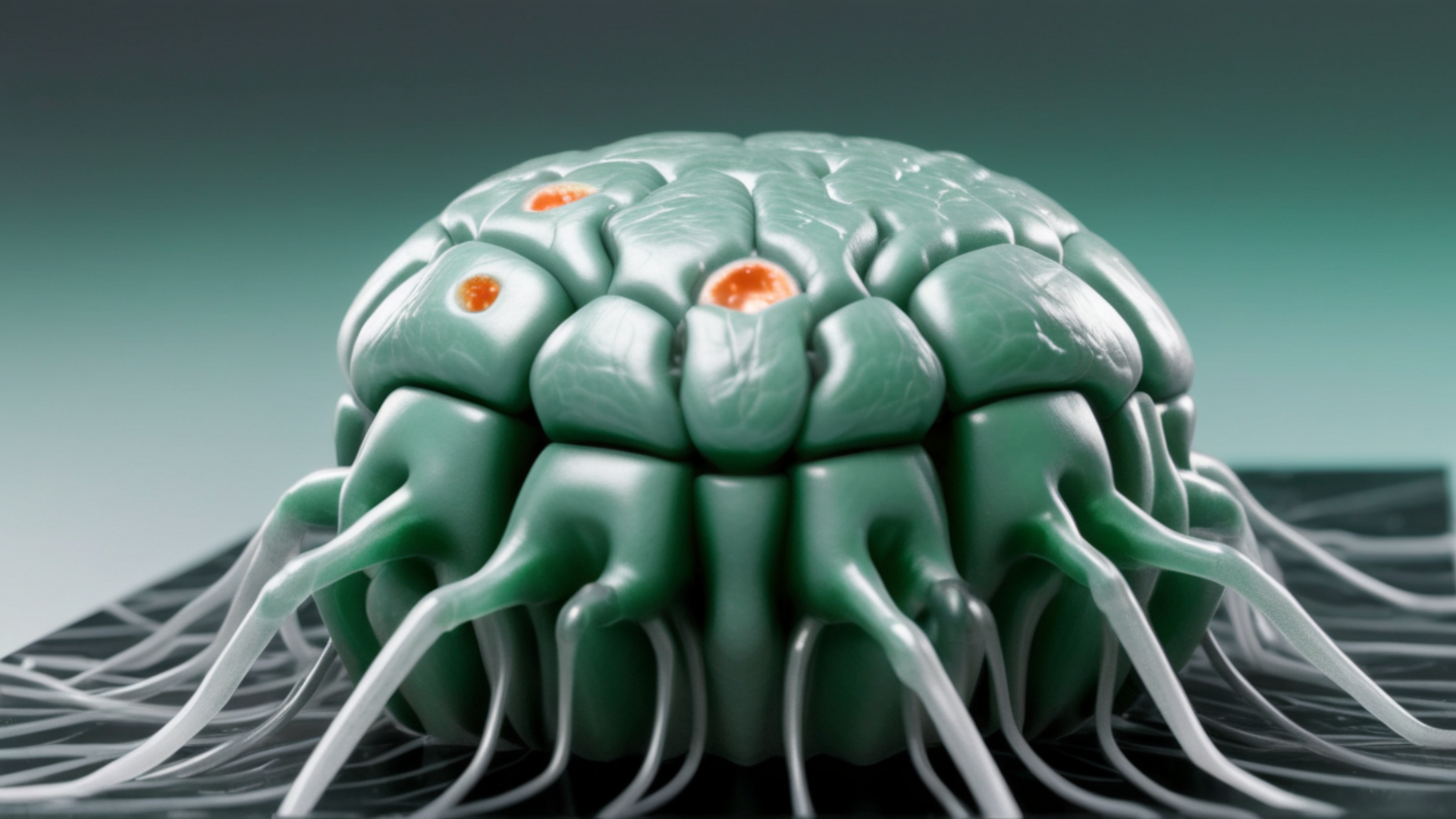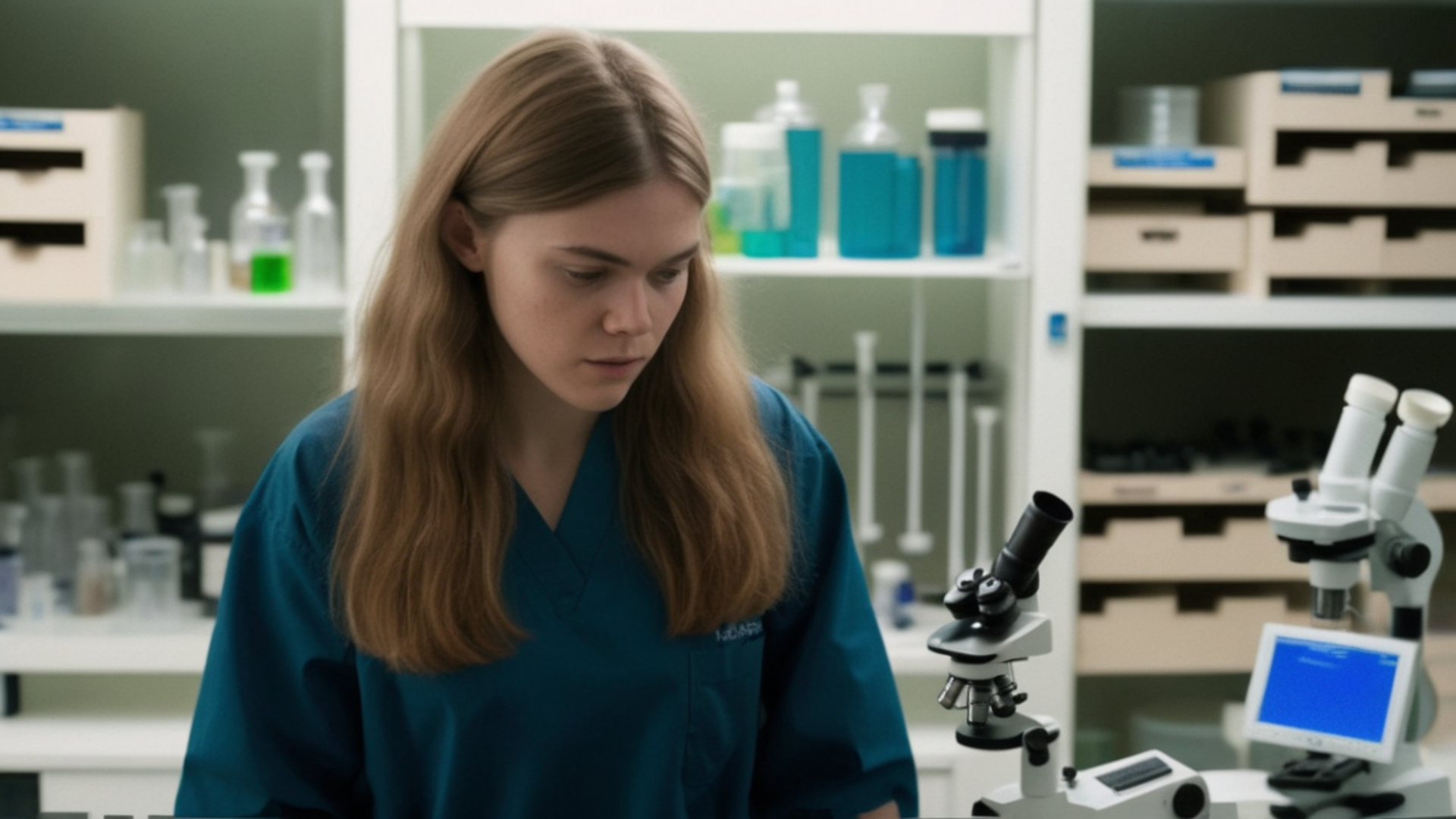Advances in AI are transforming neurology, enhancing diagnosis, personalized treatments, and patient outcomes. AI identifies brain cells, aids in complex surgeries, and streamlines care.

As we navigate the complexities of modern life, our wellbeing and personal development are increasingly intertwined with advancements in technology. One such breakthrough is the integration of artificial intelligence (AI) in neurology, which is transforming the landscape of early diagnosis and personalized treatments. In 2025, this synergy is particularly significant, as AI is being harnessed to streamline neurological care and improve patient outcomes.
Recently, a groundbreaking study in mice demonstrated how AI can identify different brain cells based on their electrical signatures. This breakthrough, achieved by using optogenetics and AI algorithms, allows researchers to understand how specific neurons contribute to brain functions, a challenge that has puzzled scientists for decades. This technology not only aids in the comprehension of brain circuits but also holds promise for more precise neurological interventions.
The application of AI in clinical neurology is expanding rapidly. It is now being used to analyze imaging and genetic data, leading to earlier and more accurate diagnoses. Additionally, AI-driven systems can predict disease progression and help clinicians tailor treatment plans to individual patient needs, enhancing the effectiveness of care. For instance, in brain and spine surgeries, AI-assisted approaches are expected to become more prevalent, assisting physicians in complex procedures.
In the realm of personalized therapies, AI is also playing a pivotal role. Advances in non-invasive brain stimulation are set to revolutionize patient care by providing accelerated protocols that improve symptoms rapidly and personalized treatments targeting specific symptoms. This shift towards personalized care not only enhances patient wellbeing but also fosters a sense of control and empowerment, crucial for personal development.
A compelling example of AI's impact is in the diagnosis of neurological disorders. Imagine a scenario where a patient, previously diagnosed with a challenging condition, benefits from AI-driven predictive models that identify the most effective treatment plan based on their unique genetic profile. This personalized approach not only improves the patient's physical health but also offers emotional relief and a sense of hope, contributing to overall wellbeing.
Moreover, AI's role in neurology extends beyond clinical settings. It is facilitating research and development in areas like brain stimulation, where at-home devices are making treatments more accessible. This democratization of care enhances the quality of life for patients worldwide, aligning with broader goals of wellbeing and personal development.
In conclusion, the integration of AI in neurology is a beacon of hope for those seeking early diagnosis and personalized care. As technology continues to evolve, it is poised to play a transformative role in enhancing our understanding of the brain and improving our lives, fostering a future where wellbeing and personal development are intertwined with technological innovation.
- AI integration in neurology is transforming early diagnosis and personalized treatments.
- Recent study demonstrates how AI can identify different brain cells based on their electrical signatures, aiding in understanding brain circuits and precise neurological interventions.
- AI-driven systems are being used to analyze imaging and genetic data for accurate diagnoses, predict disease progression, and tailor treatment plans to individual patient needs, enhancing the effectiveness of care and overall wellbeing.
KEYWORDS
brain, health, reliefMOST READ
MORE TO READ

Mindfulness Practices Reduce Stress in Modern Life
Mindfulness practices help reduce stress and improve well-being by focusing on the present moment. They enhance emotional regulation and can be as effective as medication for anxiety.

Fruit Fly Brain Shows Unexpected Adaptability
The tiny fruit fly’s brain, with 140,000 neurons, reveals how focus and adaptability thrive under chaos—lessons to rethink wellbeing by filtering what truly matters in life’s noisy moments.

Spider Brains Reveal Human Waste System Insights
Scientists studying spider brains have uncovered a hidden brain waste removal system, which holds clues to Alzheimer’s disease. Nature-inspired research shows our brains have ancient cleaning mechanisms.

Human vs. chimp nerve cell study uncovers rapid evolutionary brain changes
Recent research reveals how rapidly evolving genetic switches called HARs uniquely shaped human brains, fueling our creativity and cognition—while inspiring us to mindfully nurture this evolutionary gift for growth.


